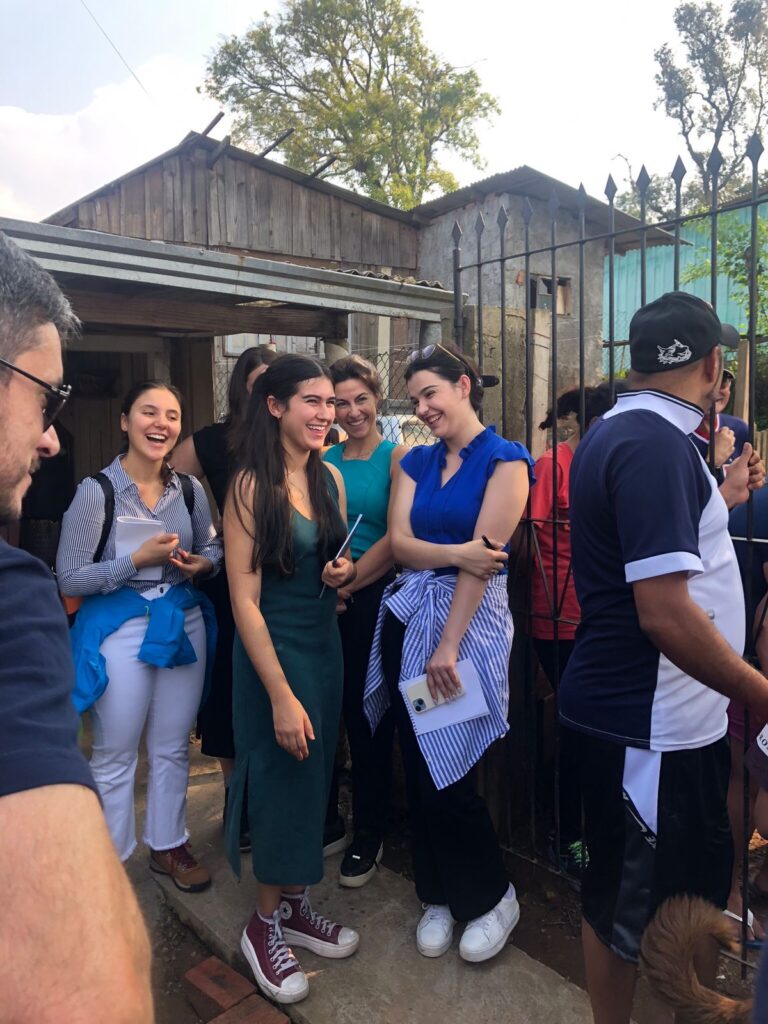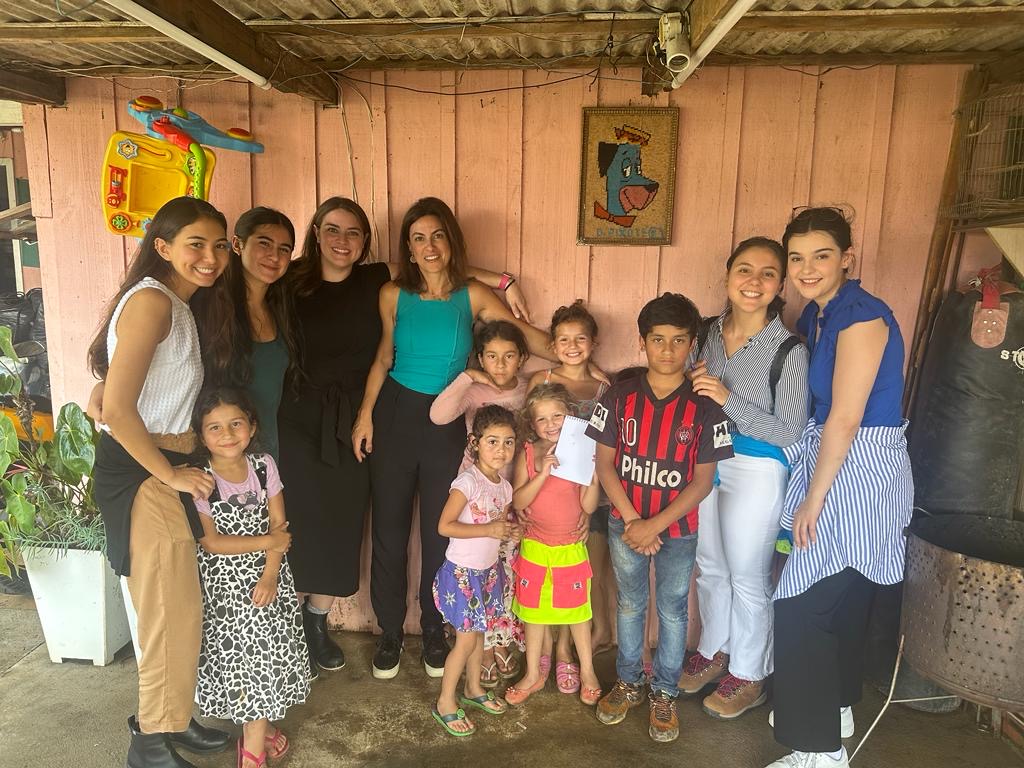
Semester: 2023 Fall
Students: Chiara Fargnoli, , Reva Bardhi, and Chloë-Arizona Fodor
The Brazilian National Council of Justice (BNCJ) is a public institution that aims to improve the work of the Judiciary Branch for the benefit of society, through judicial policies and control of administrative and financial activities. Among its goals, BNCJ carries out best practices to modernize and speed up the services of the Judiciary bodies.
This year the BNCJ approved a resolution mandating the establishment of the National Commission for Land Solutions, and regional commissions in the courts. The initiative aims to equip the justice system with a support structure to assist judges in charge of collective land conflicts. The resolution also sets guidelines for carrying out technical visits in areas under dispute, in addition to mediation and conciliation hearings. This is modeled after a successful initiative implemented by the state Court of Justice of Paraná in 2019. By using innovative mediation techniques, that state commission reached successful agreements that include some highly complex situations, benefiting thousands of families as well as landowners. Mediations are still in progress and more than 16,000 families have already been visited. In cases in which the solution is to proceed with the eviction, the Commission acts to reach a voluntary vacancy of the property, which brings efficiency to the eviction, avoids costs with the use of police forces and also prevents violence.
The BNCJ has engaged the Dispute Systems Design Clinic to help replicate this initiative nationwide by developing a mediation training program specifically addressing land disputes involving vulnerable populations in Brazil. This training would be designed by combining the Brazilian experience with successful cases and mediation theory/practice as taught by the Dispute Systems Design Clinic and the Harvard Mediation Program to facilitate the development of mediation skills. The solution for land disputes usually demands shifting from the binary logic of civil procedure (petitioner/ respondent) to a multi-party mediation that demands engaging with diverse social movements, private entities, and public authorities.
Students will:
- Conduct a review of successful cases, interview the mediators involved, and evaluate worked wells and do differentlys;
- Create a mediation training appropriate for the BNCJ;
Field Trip to the client


